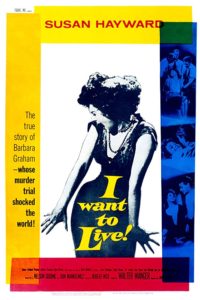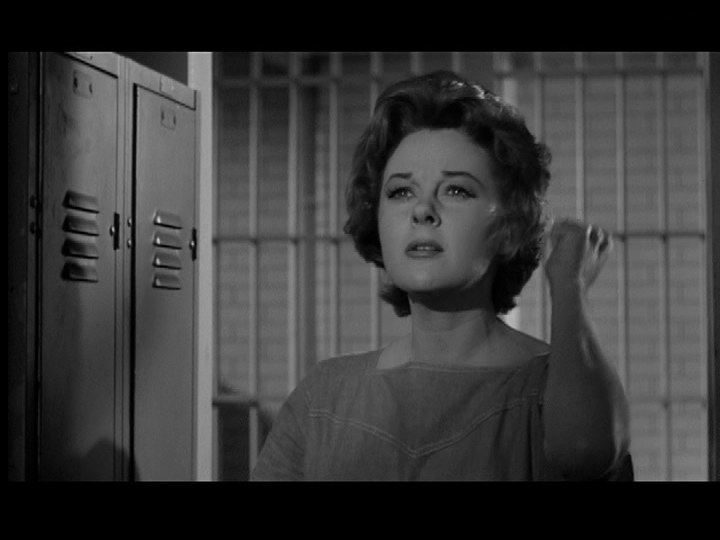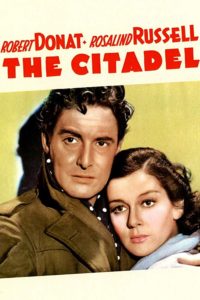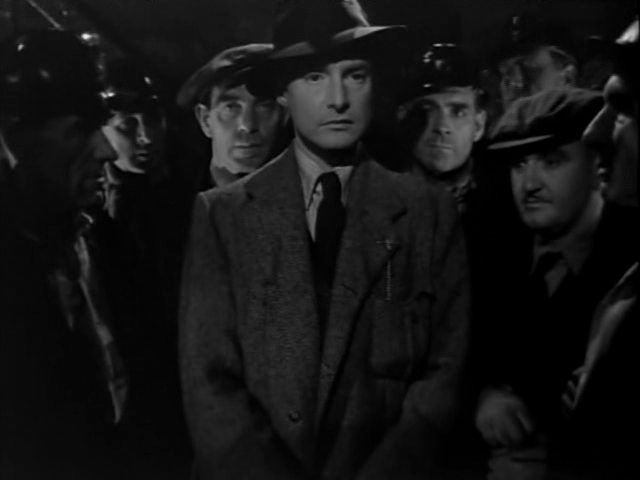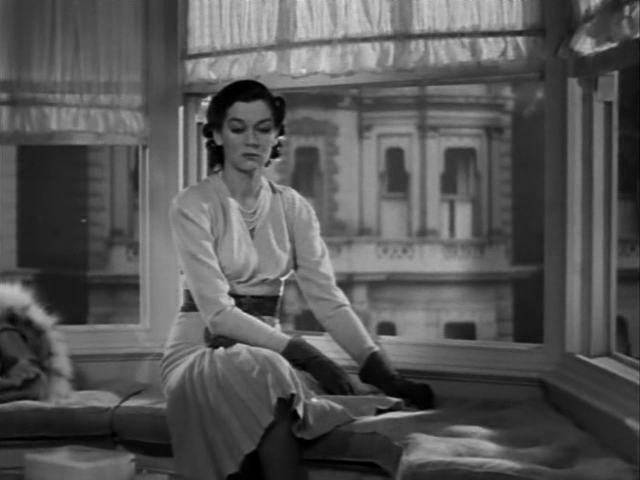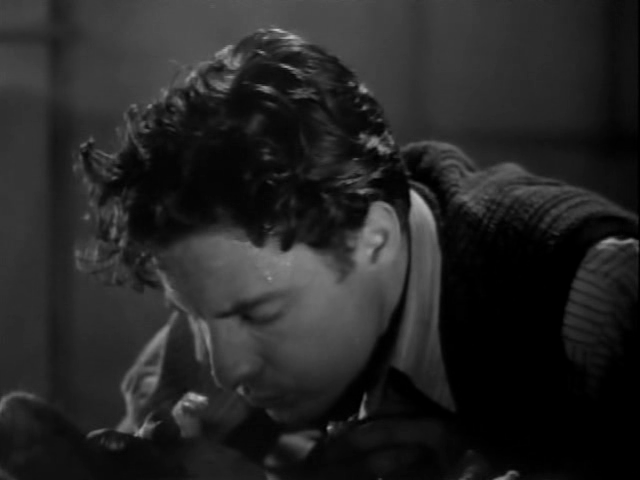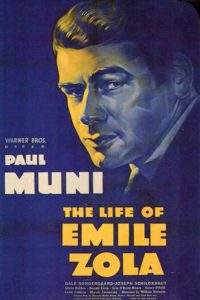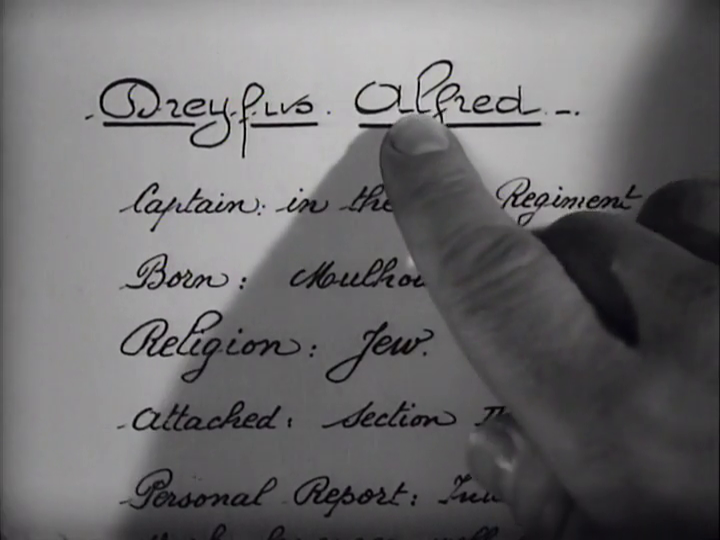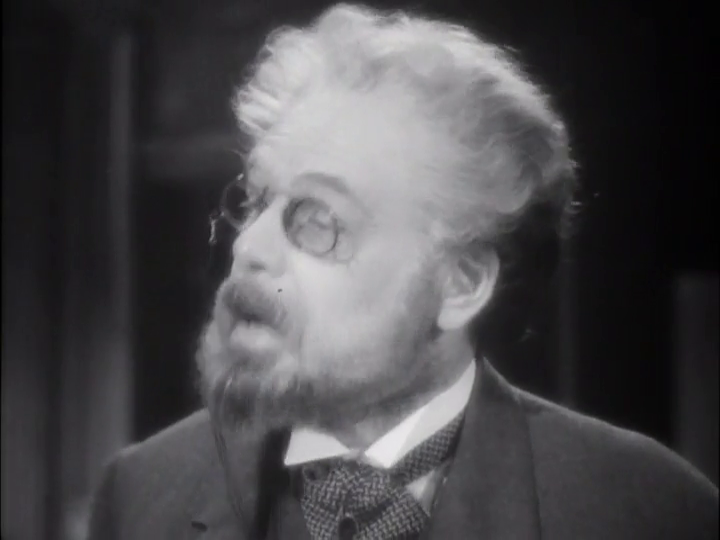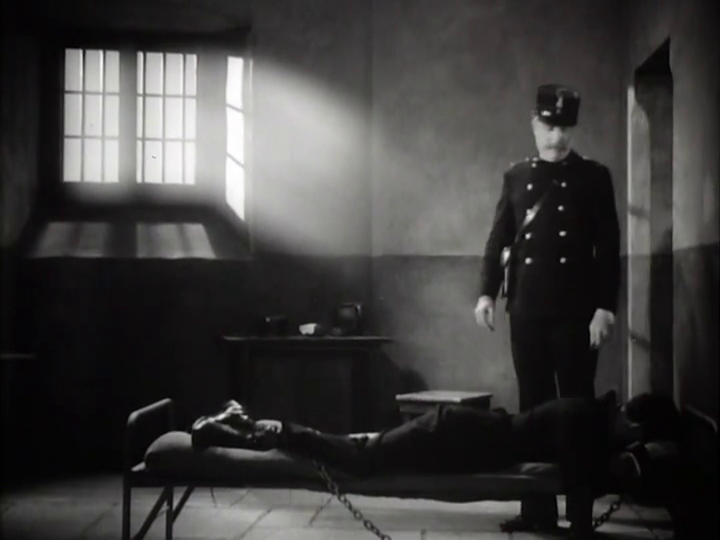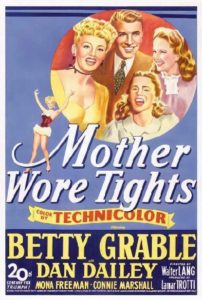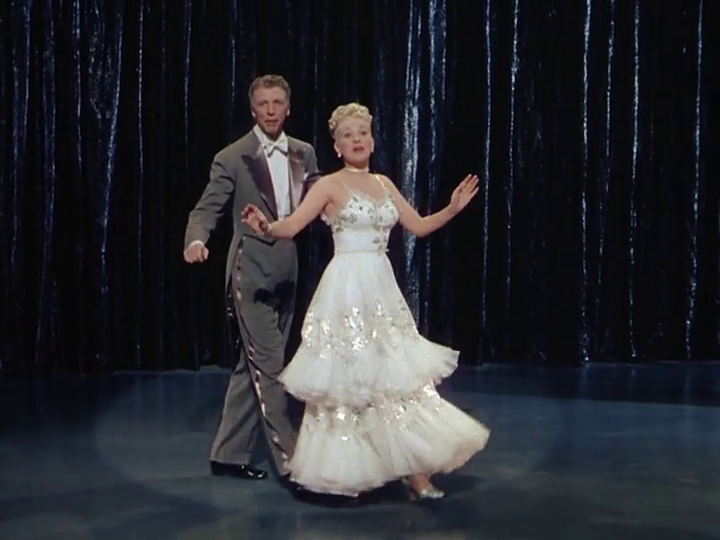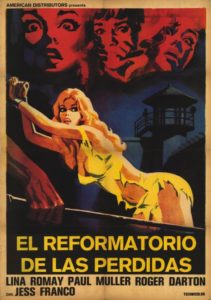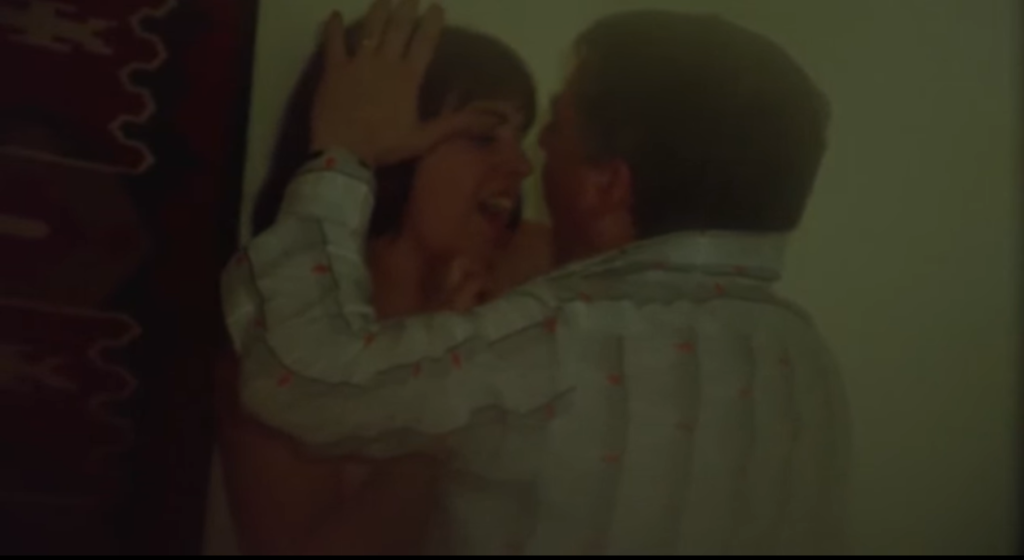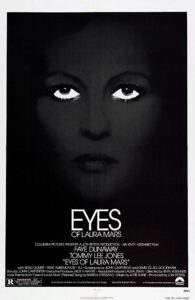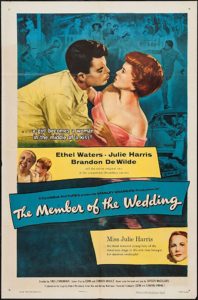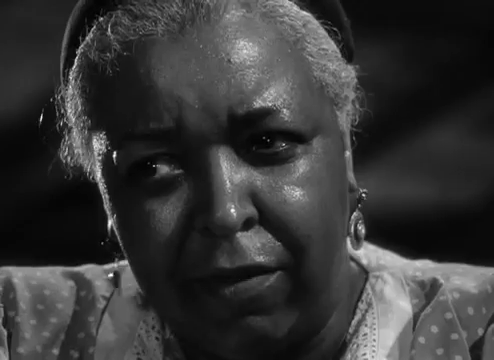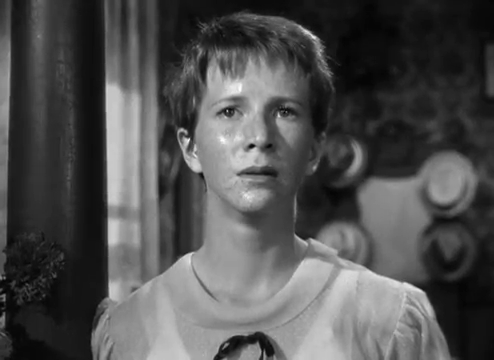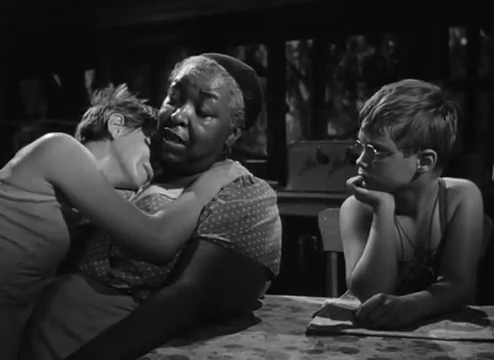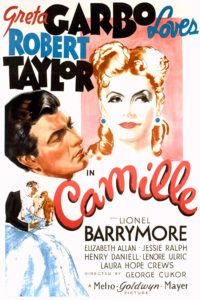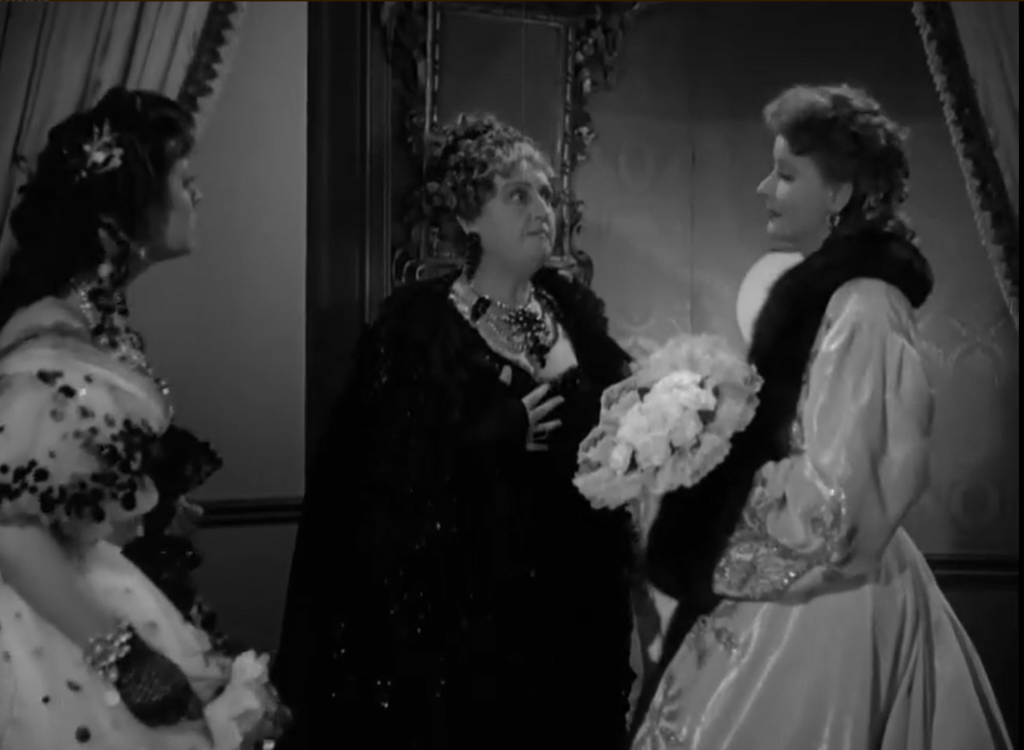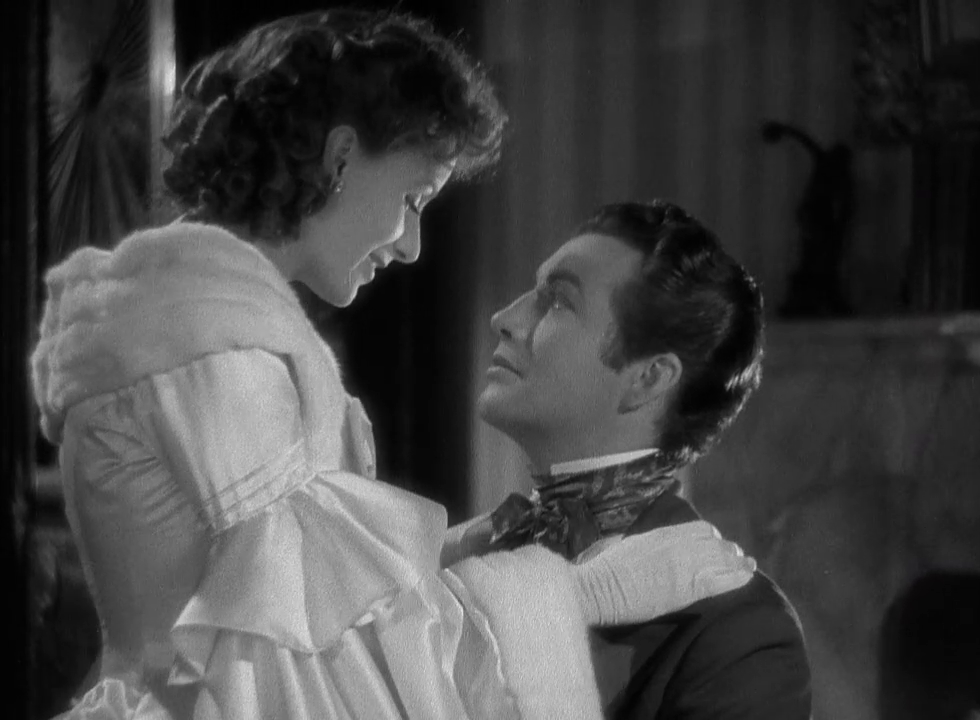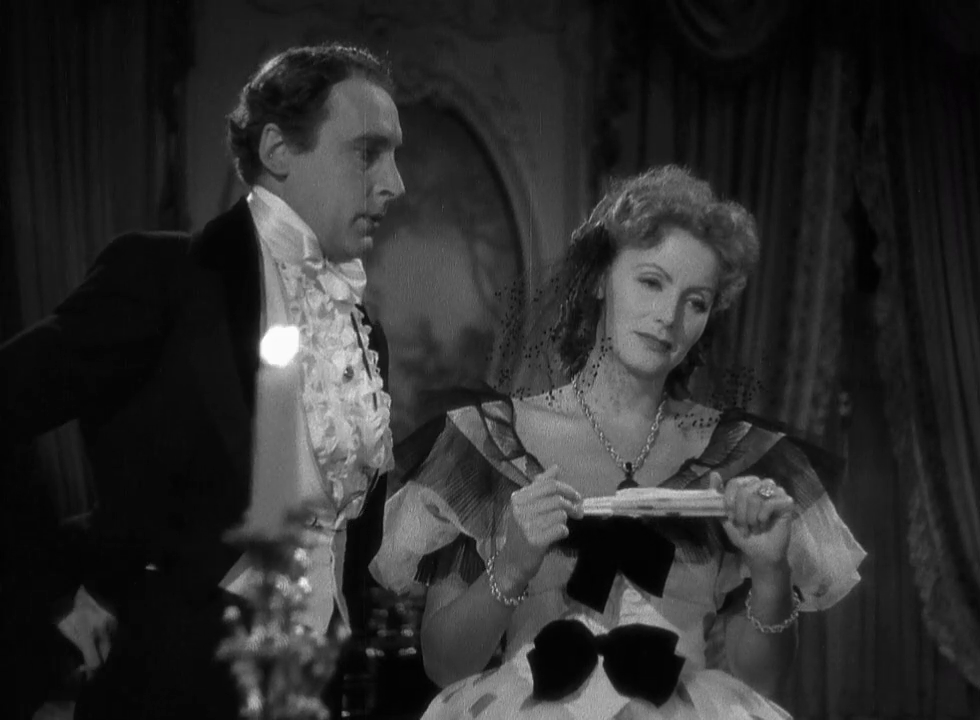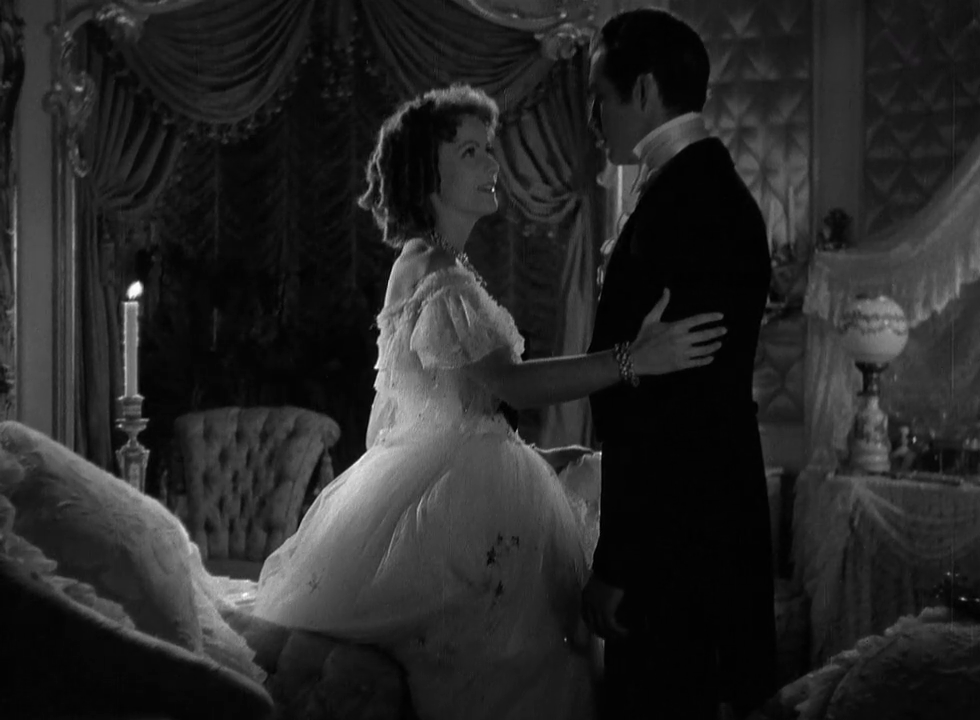I Want to Live! (1958)
“Just this once, I wish it wasn’t ladies first.”
|
Synopsis: |
|
Genres, Themes, Actors, and Directors:
Review: As depicted by Hayward in this film, Graham has “volcanic energy” and is “always moving about, dancing (she loves jazz), hugging and kissing men, mingling with her wild crowd… She takes her lumps, willingly making sacrifices and taking raps for irresponsible men, even going to jail on their behalf.” Meanwhile, “because she is a woman on death row, she is big news, and is exploited unmercifully”, though she’s a “tough cookie [who] doesn’t crack”. Peary argues that while Hayward “is convincing showing the gutsy, rough side of Graham”, “some of her finest moments come when Graham calms down and speaks forthrightly to someone she is fond of”: while “all the men in the picture seem to have conspired against her” (at least “until late in the film”), she does have “some well-played, tender scenes with women”. Ultimately, as Peary argues, “Hayward’s heartfelt performance in the last few scenes makes us see the cruelty and criminality of the death penalty, as well as the lack of dignity accorded to those who are about to lose their lives.” With all that said, this isn’t an easy film to watch by any means, especially knowing Graham’s outcome from the start; I recommend watching it once for Hayward’s performance, but not feeling any obligation for a revisit. Redeeming Qualities and Moments: Must See? Categories
Links: |
